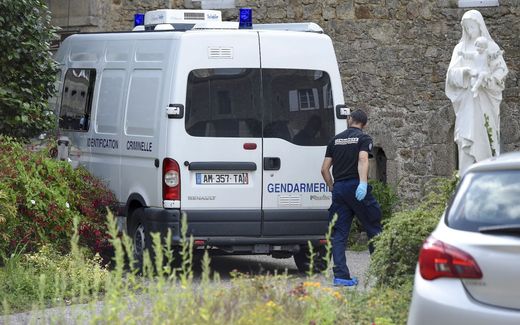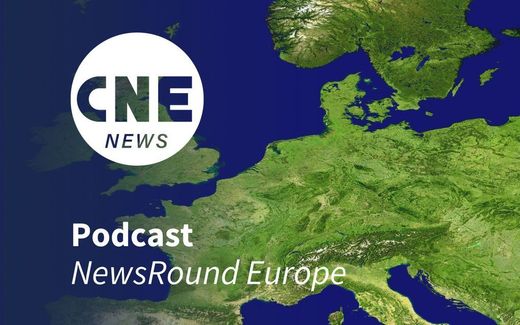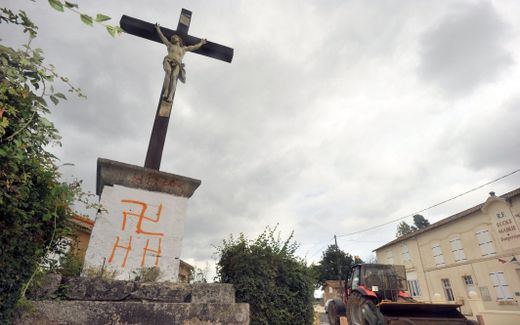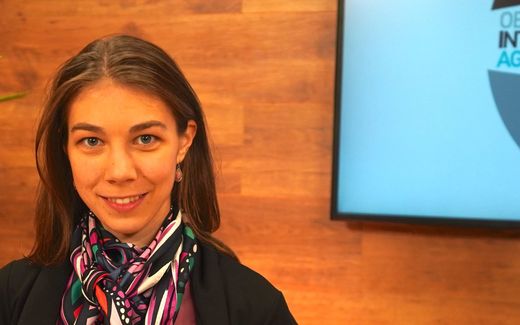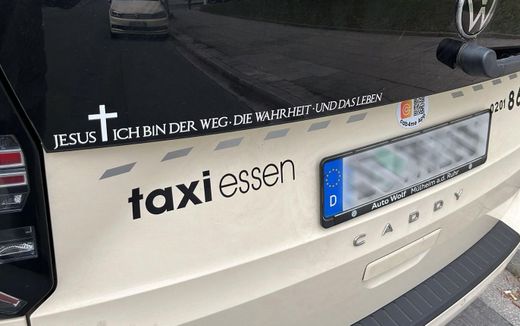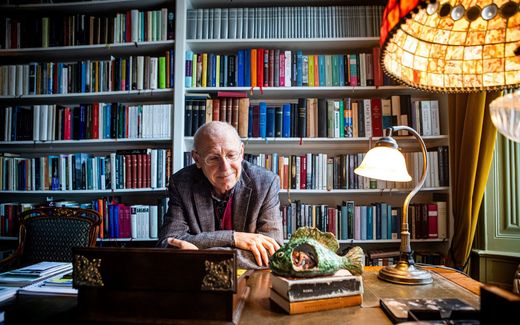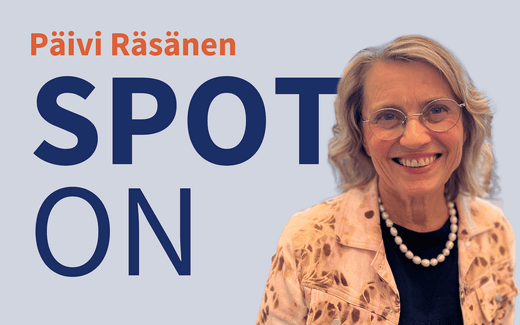EU leaders seek answers to rising hate crimes against Christians
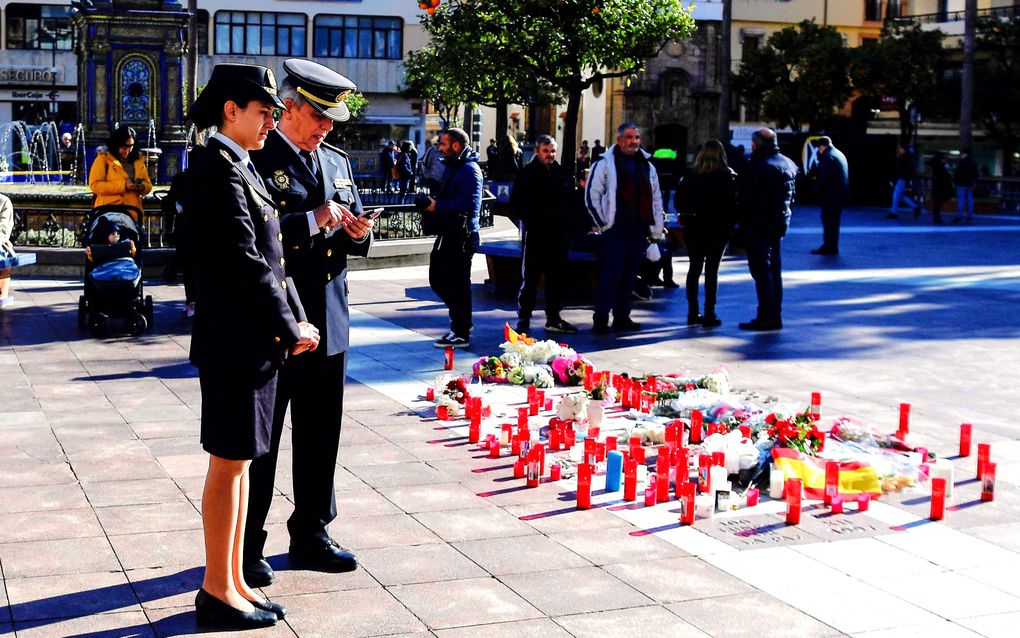
Inspectors from the Spanish National Police stand in front of a memorial near the church where an altar server was killed in Algeciras, Spain. Photo AFP, Cristina Quicler
European Union
In 2023, an Islamic terrorist in the southern Spanish city of Algeciras murdered an altar server and injured four other people with a machete while shouting, "Death to Christians" and "Allah is great." In the UK, Christian social worker, Felix Ngole had his job offer taken away, because the company found that he held “traditional religious beliefs” towards homosexuality.
These two incidents became part of a 2024 report on Intolerance and Discrimination Against Christians in Europe by the human rights organisation OIDAC. With hostilities against Christians increasing each year, what is being done by the EU to stop their growth in the coming new year?
Christian Members of the EU Parliament (MEPs) and President of the European Christian Political Movement, Valeriu Ghileţchi, answer that question while admitting that more needs to be done to protect Christians in Europe.
While nothing specific for Christians is on the table yet, Hélène Selderhuis, who works for the Dutch SGP political party and as a press officer for MEP Bert-Jan Ruissen, mentioned that a group of MEPs renewed a discussion alliance last year on religious freedom. Officially entitled Intergroup on the Freedom of Religion, Belief or Conscience, the group is dedicated to bringing attention to those persecuted for their faith worldwide. It consists of members from various political groups within the EU Parliament.
EU envoy
Although it was founded in 2004, the group was renewed last year. For intergroups to be formed or renewed, they must also have the backing of at least three political parties. It is now being headed by Bert-Jan Ruissen from the Dutch-based Reformed Political Party (SGP) and Slovak Miriam Lexmann, who is from the European People’s Party, a centre-right political group within EU Parliament.
Intergroups may not be formal parliamentary bodies, but they allow various MEPs to share their views and draw up plans of action based on their discussions.
In addition to re-forming an intergroup, MEP Bert-Jan Ruissen and MEP Miriam Lexmann have urgently requested that the position of a "special EU envoy" be re-opened to confront the ongoing attacks against Christians. They have submitted the request to EU Commission president Ursula von der Leyen.
"Our concerns for persecuted Christians and other persecuted believers are great. That is why it is important to make this call now, at the start of the new European Commission," Ruissen says in the release.
Worldwide persecution
This is not the first time that there has been an EU position on confronting hostilities against Christians. The mandate for the special job expired in November 2024. Belgian diplomat Frans van Daele had been assigned the position for two years. However, the job has gone unfilled for at least three years.
"At the time, that did not give the impression that religious persecution is high on her list of priorities. But there is a lot of work for the envoy worldwide. I am thinking, for example, of the situation for Christians and other minorities in Syria. That doesn't look particularly rosy. And then we also have the blasphemy laws in Pakistan, anti-conversion laws in India, massacres in Nigeria... the list is only getting longer. Christians are the most persecuted group in the world. Von der Leyen should not leave that untouched, should she?" Ruissen also says in the release.
Still, more needs to be done to ensure that Christians are protected in Europe.
Conversion therapy debate
In addition to what is left undone, threats to suppress Christian beliefs remain high throughout the EU. Some of those include a draft bill on banning conversion therapy at the EU level and pending legislation on an EU-wide hate crime bill.
The overall message of combating hateful rhetoric may sound promising, but Ruissen and his press officer, Selderhuis, are concerned that the bill's wording threatens Christian beliefs. If the bill were to be passed, many could be punished with prison sentences if they refused to use someone's preferred pronouns or for even openly expressing the belief that marriage is between one man and one woman.
Conversion therapy bans have already been passed in Germany, France, Spain, and Greece, according to Statista. Several Christian organisations within the EU have programmes aimed to help those transitioning out of homosexuality or gender dysphoria. If a conversion therapy ban were to be passed, these therapies could not be implemented, even for those who may want to participate in them voluntarily. On the other side, critics of conversion therapy see it as a form of "pseudoscience" and an invasive attempt to change a person's gender identity or sexual orientation.
The hate crime ban has been debated within the EU Parliament for years and could be passed this year. MEP Bert-Jan Ruissen voiced his concerns about the legislation and said that if you don't conform to the beliefs of a person of a particular gender or point of view, it can be seen as a criminal offence.
Longing for freedom
While protections for Christian freedoms remain uncertain, Valeriu Ghileţchi does provide hope. Ten years ago, in January 2015, a draft resolution that aimed to protect Christian beliefs in the workplace and the school was up for debate. At first, it did not look like the bill would pass. Much criticism came from left-leaning parties.
This made Ghileţchi nervous until he felt the need to tell his own story, his account of longing for freedom as a Christian in Soviet-era Moldova. After he took the floor, the room became silent.
Soon, the political right and the left agreed to pass the bill. Without its passage, city clerks and doctors would not be able to refuse certain services based on conscientious objection, and parents could not educate their children according to their Christian convictions and philosophical views. Ghileţchi thinks that his personal account was a key factor in coming to an agreement.
"You need these kinds of stories. Authentic stories have the power to change hearts. Christians need to tell their stories, and we need to preserve our own freedom," he says.
Just as the Apostle Paul was a citizen of Rome, he used his Roman citizenship to preach the Gospel to multiple ethnic groups throughout the Mediterranean. He believes that modern-day European Christians should think like Paul.
"I believe that there is hope to articulate the Gospel, to make it relevant to the next generation. We need to be more active and open. The church is separated from the state, but all Christians are citizens," he says.
Related Articles


